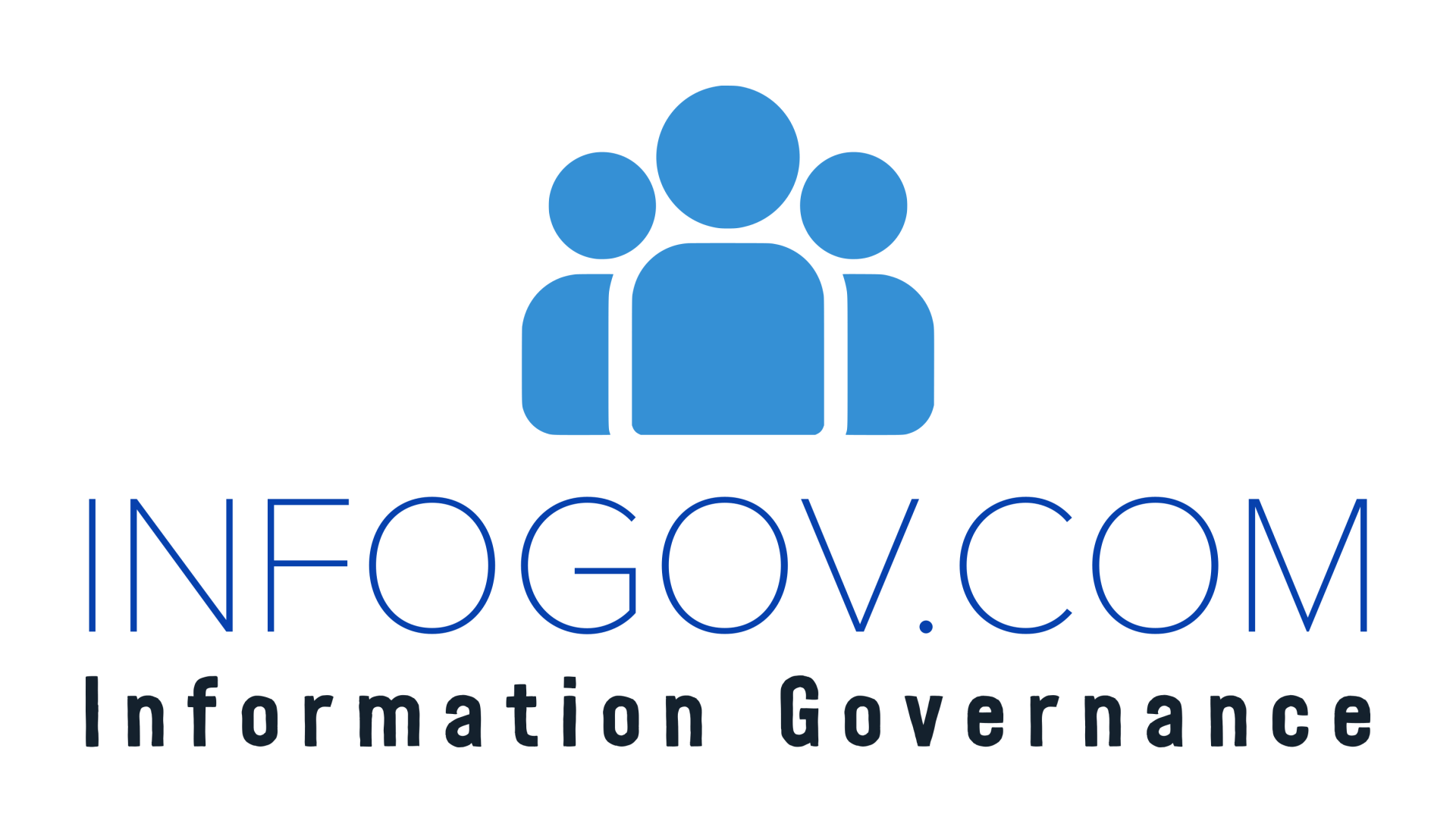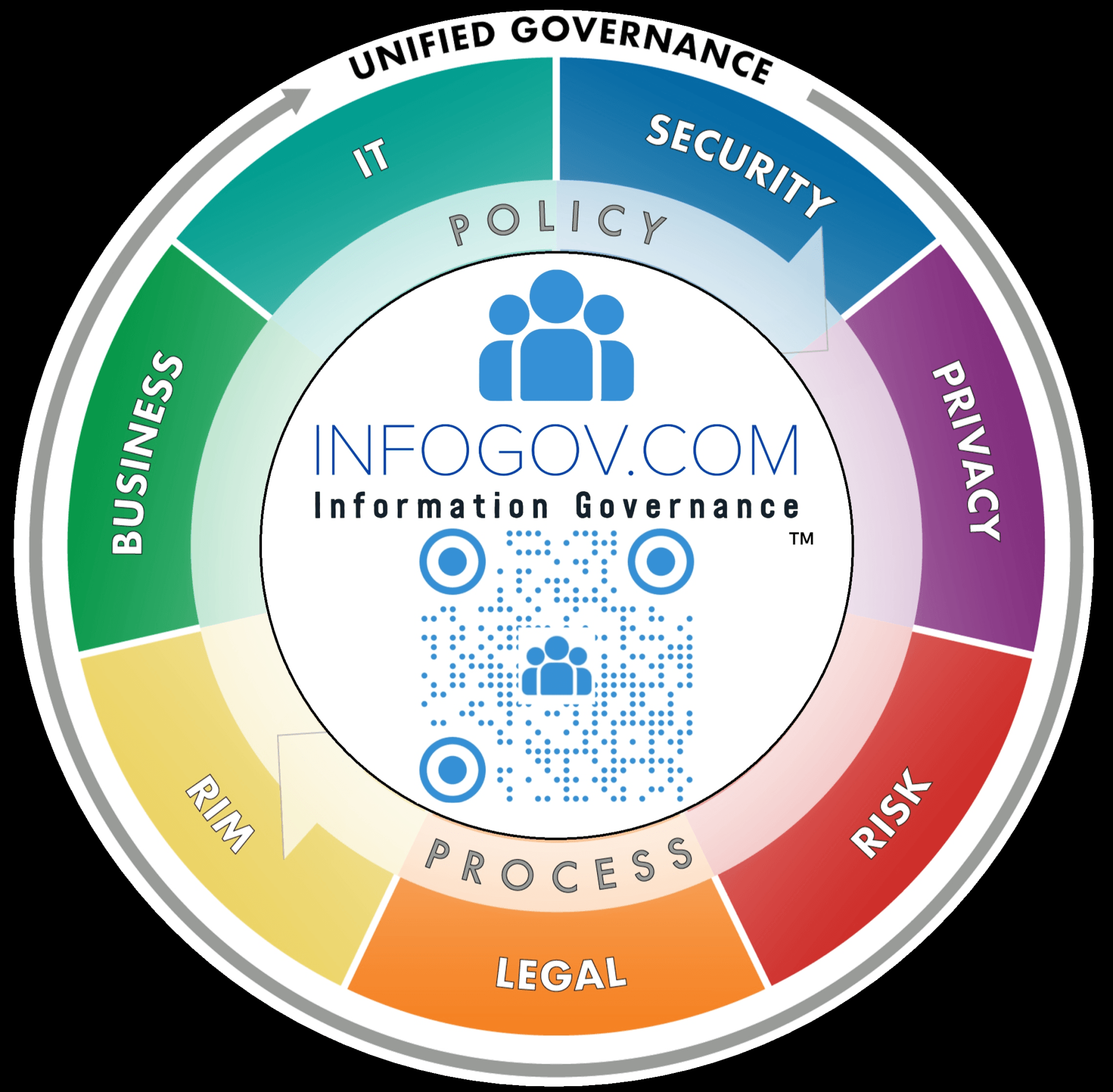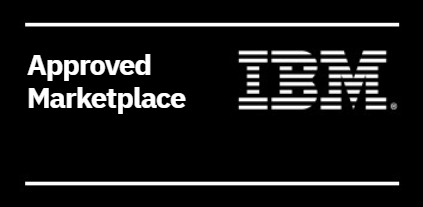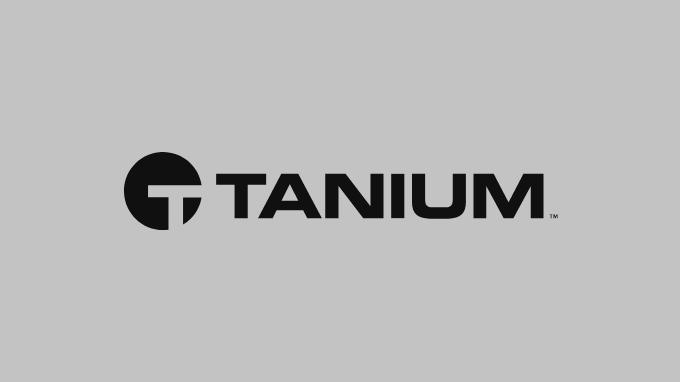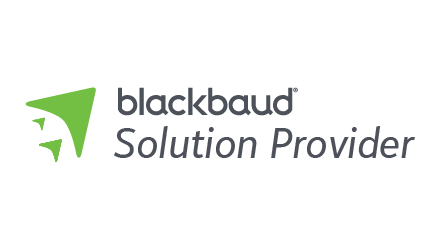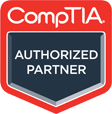HIPAA

Save time
Reduce Costs
Increase Productivity
Reduce Risks
InfoGov.com provides clients with practical advisory services to attain HIPAA compliance. Our team of expert consultants, coupled with an advanced AI-based strategic partner technology platforms, enables clients to identify inter information governance, risk, and compliance, while also reducing costs, time, and risks associated with traditional approaches. Clients can expect programmatic evidence collection, control testing, and AI questionnaires and predictive risk assessments. Let us help you achieve HIPAA compliance today.
HIPAA Compliance
By implementing HIPAA compliance measures, businesses can enhance their reputation and attract more customers. For example, a medical clinic that demonstrates HIPAA compliance can reassure patients that their information is secure, which can increase patient confidence and loyalty.
Improve Compliance
Optimize Security
HIPAA compliance measures help to optimize data security by identifying potential security risks and implementing controls to minimize them. For example, a healthcare provider can use encryption to protect patient data and prevent unauthorized access.
Transform Records & Data
Enhance Information Technology
Complying with HIPAA regulations often demands substantial investments in IT, which can enhance IT infrastructure and capabilities. For instance, upgrading hardware and software can bolster data security while streamlining data management for healthcare providers.
Reassure Privacy
Reduce Risk
Protect Business Data with HIPAA Compliance Measures: A healthcare provider can secure their data and reduce the risk of security incidents by implementing HIPAA-compliant data backup and disaster recovery plans.



